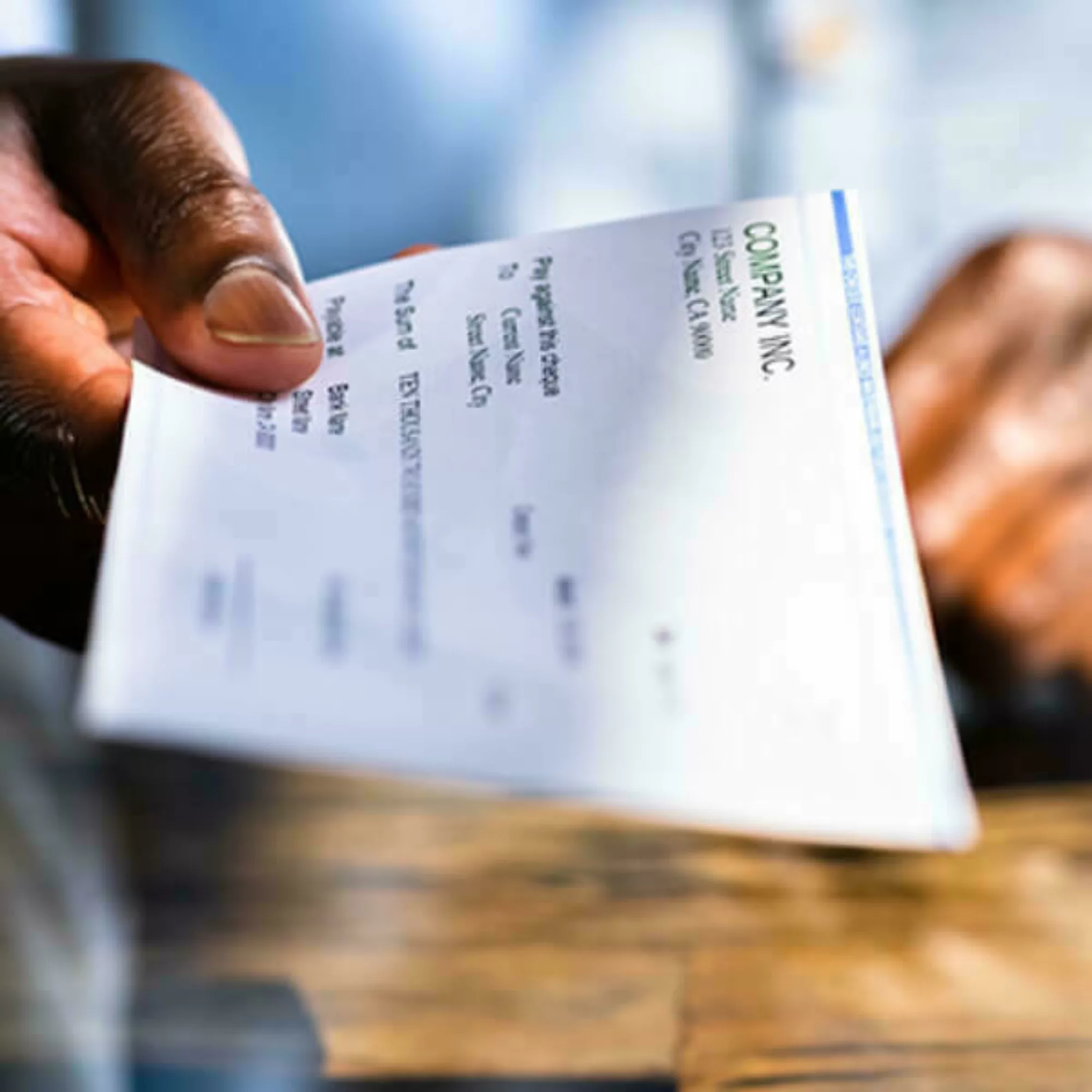
How Are Workers’ Compensation Benefits Paid Out?
Being injured by a workplace accident is stressful enough, but being unable to work makes it exponentially worse. Making sure you are compensated for your time off is vital to being able to support yourself. You don’t want to risk not getting paid the benefits you are owed. Get an attorney who can help ensure prompt and reasonable payment.
One question Black & Jones attorneys are often asked is how workers’ compensation benefits are paid out. There are three parts to this question:
- What type of benefits have to be paid
- When those benefits are to be paid
- How payment is made
Types of Benefits
There are different compensation benefits an injured worker is owed when they are hurt on the job:
- Temporary total disability benefits (TTD)
- Temporary partial disability benefits (TPD)
- Permanent partial disability benefits (PPD)
If your doctor takes you off work or has you on restrictions that your employer is unable to accommodate, then you are entitled to temporary total disability benefits. This benefit is a weekly (sometimes paid bi-weekly, bi-monthly or monthly) tax-free check equal to 66 2/3% of your average weekly wage subject to a maximum rate. TTD benefits are owed beginning on day 4 of you being off work.
If you remain off work for a full 14 days, the first three days are also owed. TTD benefits then continue until you are either released back to work, or you reach maximum medical improvement. In Illinois, there is no statutory amount of time that the benefits stop at. Therefore, you could receive TTD if you are off work for one month or several years.
Suppose you can return to work in some capacity but are unable to do the full performance of your job (like being unable to earn overtime or being unable to work your regular full-time hours). In that case, you are entitled to temporary partial disability benefits. These benefits help to make up part of the missing wages when you return to work. Generally, TPD is equal to 66 2/3% of the lost wages.
Finally, once you have been released from care and your case either settles or proceeds to trial, you could receive permanent partial disability benefits. These benefits are paid to injured workers to compensate them for the residual disability caused by the injury. Again, this varies case by case and is very fact specific. Speak to an experienced attorney about what PPD benefits you may be entitled to if you are hurt on the job.
Benefit Payment Timing
TTD benefits are to be paid “within a reasonable amount of time” after an injured worker is incapacitated from working. Because the first three days are not owed until you miss work for a full 14 days, the insurance company generally does not issue the first check until you reach the full 14-day period. After that, benefits are typically paid on a regular basis (usually weekly, bi-weekly, bi-monthly or monthly) until your next doctor’s appointment. You must obtain a new off-work note at each doctor’s visit to be entitled to benefits. Even if the doctor states that they expect you to be off work for a specific number of weeks or months, please note that the off-work note they give you is only good until the next time you see the doctor.
I am often asked what the definition of “reasonable amount of time” is. The answer is not simple. The law does not state that the insurance company must pay you weekly or pay on a regular schedule. The statute merely says “reasonable,” which has been interpreted differently.
However, under Section 19(b) of the Act, if the insurance company objects to a trial, an injured worker cannot go to trial until they have been without benefits for a full 12 weeks. Some courts have interpreted that provision to mean that payments within those 12 weeks would be considered reasonable. Black & Jones Attorneys at Law do not wait for the full 12 weeks to pass. We will file an emergency request for a hearing if your benefits are not paid long before that time.
Unlike TTD benefits that are paid while you are still treating and are off work, PPD or permanent partial disability benefits are not determined nor paid until after you have been released from care. Please note: an injured worker is not automatically entitled to PPD, so some insurance companies will not pay it unless you get an attorney and force them to.
How the Benefits Are Paid
Paper checks are still the most common way benefits are paid. The insurance company prints the check and mails it to the injured worker. Some companies have the checks mailed to the employer and insist the worker come to the employer’s location to pick up the check.
In recent years, there has been a growing trend to allow for payment of benefits by direct deposit. Not all insurance companies allow this yet, but the number is growing. For the ones that do, it is usually set up either by filling out a paper and sending it to the adjuster, clicking a link and filling out information online, or a link provided by text message.
If you are interested in receiving your benefits by direct deposit, you should have your attorney find out if it is available. This allows you to receive benefits without the delay of the traditional mailing processes.
If you think you’re not being paid compensation like you should be, call an experienced attorney today. Black & Jones Attorneys at Law serve the greater Rockford and Northern Illinois regions, helping people in our community get the justice they deserve. Learn more about how Black & Jones can help on our website here or contact us today for your free consultation by calling (815) 967-9000 or filling out the form here. Let us fight for your rights!